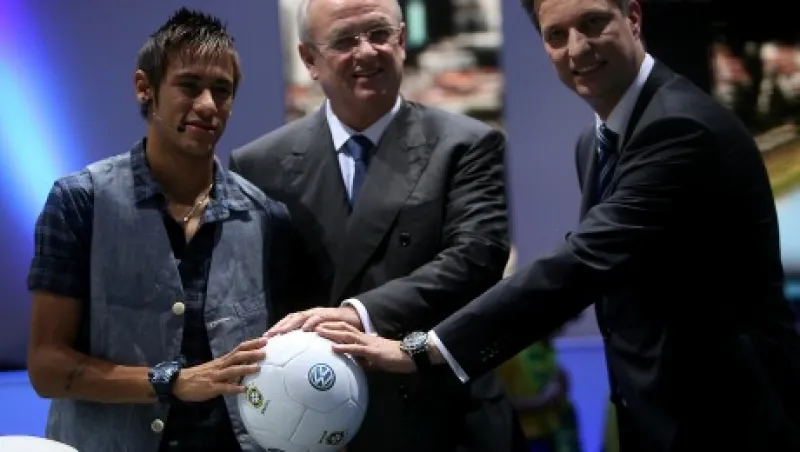
Successful World Cup Gives Rousseff Breathing Room Ahead of Election
With Brazil’s World Cup being hailed as the best in recent memory, Dilma Rousseff’s presidency has been handed a lifeline.
Aaron Timms
July 4, 2014



